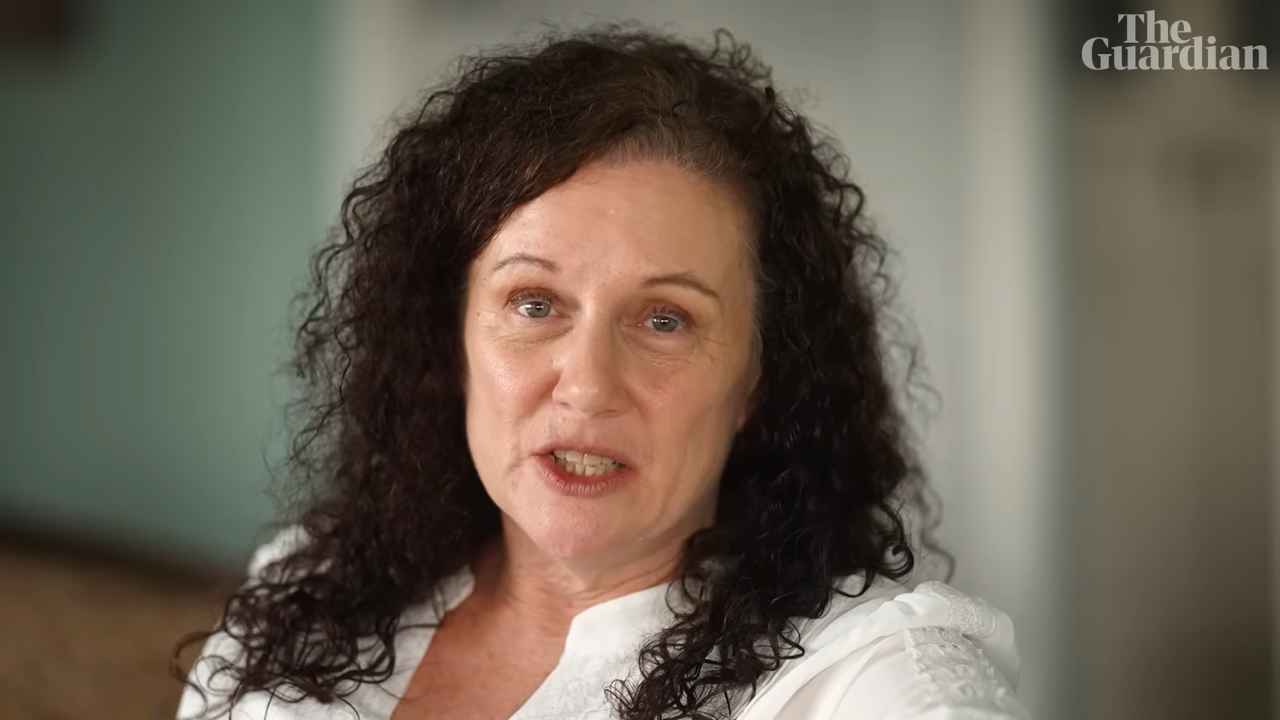
Australian woman freed after 20 years after new genetic evidence raised ‘reasonable doubt’
An Australian woman who spent 20 years in jail for murdering her four infant children has been pardoned on the basis of new genetic evidence. Kathleen Folbigg was convicted and jailed in 2003 for the murders of her children Patrick, Sarah and Laura and for the manslaughter of Caleb, all of them infants, between 1989 to 1999. They ranged from 19 days to 18 months.
Initially the deaths were initially believed to be cot deaths. However, her husband reported her to the police after reading a diary which suggested that she may have killed the children.
She was convicted in 2003 and lost her appeal. Scientific and medical research suggesting that the children might have died of natural causes was rejected by a judicial inquiry in 2019.
In 2021 90 Australian scientists and doctors asked for an official pardon because “cogent medical and scientific evidence [was] ignored in preference to subjective interpretations of circumstantial evidence.” This evidence was taken into account in a final inquiry led by a former state chief justice. He found that there was “reasonable doubt”.
The pardon was granted yesterday. Ms Folbigg will probably apply to have her conviction quashed.
An expert witness, Carola Garcia de Vinuesa, a geneticist at Australian National University, explained the reason for the scientists’ concern in an article in The Conversation.
The two girls, she wrote, were carriers of an extremely rare mutation – 1 in 35 million — in the CALM2 gene. Other known mutations of this gene are associated with sudden death in infants and children.
The two boys also had a defective gene. As Garcia de Vinuesa writes, “as we were re-analysing the Folbigg genomes, we found the two boys had two different novel and rare variants in a gene known as BSN (or Bassoon), one inherited from their mother and the other presumably inherited from their father. This is a gene that when defective in mice, causes early onset lethal epilepsy — mice die young during epileptic fits.”
The accumulation of scientific evidence convinced the state government that there was reasonable doubt about the conviction.
Garcia de Vinuesa complained that the legal system gave circumstantial evidence more weight than scientific expertise. “If scientists do not feel they are treated as equals to their legal peers, they are unlikely to volunteer their time to assist the court. Instead, the law will be left with only a handful of professional expert witnesses that are unlikely to be representative of their respective fields.”
Her former husband, Craig Folbigg, still believes that Kathleen is guilty. His lawyer said news of her release had “increased the pain and suffering his client had endured for two decades”.
